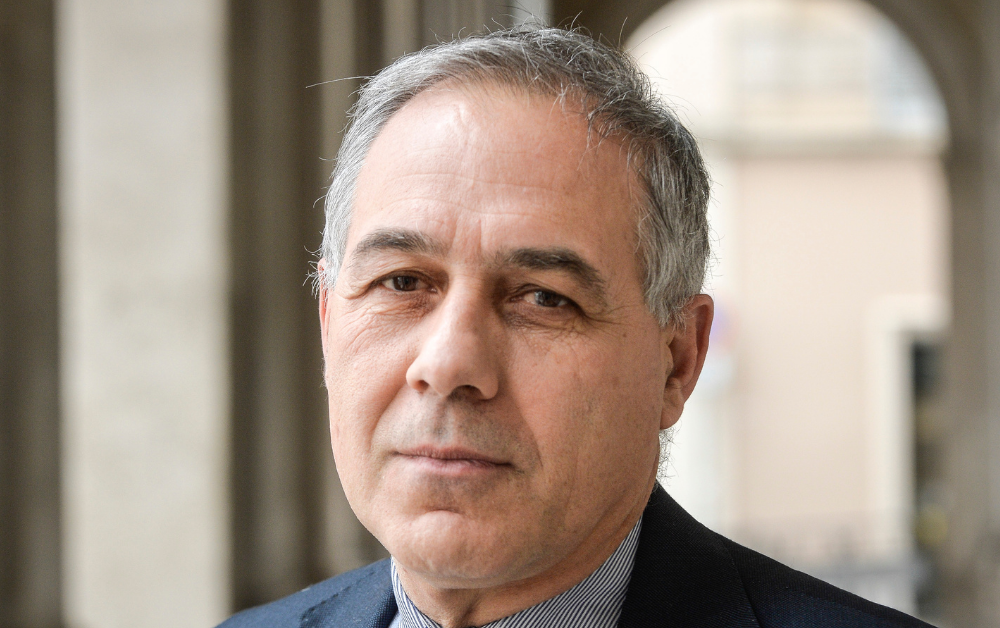An Italian court has suspended a decree from the country’s Ministry of Health that blocked the market for CBD, a victory for stakeholders who say they are battling the government of conservative Prime Minister Giorgia Melona for their very survival.
The decree, which took effect Aug. 5, placed CBD on the country’s list of narcotic drugs, forbidding products taken internally by consumers. The ban, if upheld, would have a devastating effect on supply chains that make and sell CBD-based products in the dietary supplements and herbal medicine sectors.
The Lazio Regional Administrative Tribunal’s order was in response to an appeal by stakeholders represented by Imprenditori Canapa Italia (ICI), a hemp trade group.
‘Appropriate’ decision
“The decision of the Lazio Regional Administrative Court on this important debate. . . is not only appropriate but also clarifies many points and gives hope to many people who resort to these treatments, and to many industrialists,” Michele Anzaldi, a former deputy in the Parliament who has backed the hemp and CBD industries, wrote on HuffPost Italy.
Meloni, on the other hand, seems determined to wipe out EU-legal CBD and other cannabinoids as well as hemp flowers in Italy, saying the government intends to prevent hemp from being used as a cover for the illegal marijuana market. She has encouraged strict enforcement of all cannabis laws.
Her government is also pushing an amendment to ban hemp flowers that is now in Parliament. That law would block plant tops from “import, processing, possession, transfer, distribution, trade, transport, dispatch, delivery, sale to the public and for consumption, even in semi-finished, dried or shredded form” – effectively shutting down all commercial activity involving hemp flowers – even those with low or no THC content.
EU complaint pending
A second trade group, Canapa Sativa Italia (CSI), has filed a complaint with the European Commission, because an Italian ban on flowers would violate European Union rules on competition and the free movement of goods. In a legally binding decision applicable across the EU, the Commission declared in 2020 that CBD is not a narcotic and that both CBD and raw hemp flowers may be legally traded in and among member states.
“The confusion that surrounds the debate on industrial hemp in Italy is similar to that which would be created if a non-alcoholic beer were accused of making you drunk. Hemp, whatever its use – whether it is flowers, oils or other derivatives – cannot be classified as a narcotic,” Mattia Cusani, CSI president, said during an industry conference held shortly after the Lazio court’s decision.
“Yet, the government seems to want to wage a senseless battle against this plant. They want to ban industrial hemp with its flowers, which not only have no psychotropic effects, but have demonstrated countless benefits,” Cusani said.
The amendment, now before the Italian Senate, would become part of the country’s 2023 Security Law, a sweeping measure that strengthens police agency powers and creates harsh criminal penalties that could be applied to violations of the ban.
Unfriendly to cannabis
The Meloni government has opposed the legalization of recreational marijuana and her political party, Fratelli d’Italia (Brothers of Italy), has consistently expressed concerns about the potential social and health impacts of pot legalization.
Hemp flowers have come under attack in Italy since at least early 2022, when the State-Regions Conference – a platform for cooperation among central and regional governments – updated language in a 2018 decree to classify hemp as strictly a medicinal plant. Four cannabis associations filed suit, and the decree was annulled one year later by the same court in Lazio, which ruled it went against European law.
CSI and ICI are among six Italian cannabis groups that have also launched a petition aimed at reversing the unfriendly hemp policies. And European Parliament members (MEPs) from Italy’s 5-Star Movement (M5S) political party have called on the European Commission to intervene.

